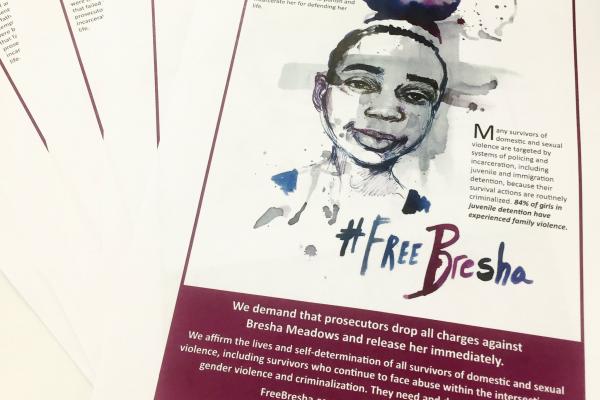May 9, 2017
In the early hours of July 28, 2016, Bresha shot her father with his gun while he slept on the couch. Relatives say this action put an end to years of abuse, accounts that are corroborated with police and child services accounts. In 2011, Brandi Meadows, Bresha’s mother, filled a police report accusing her husband of constant emotional, financial, and physical abuse during 17 years of marriage. She told Fox News, “[Bresha is] my hero. She helped me — she helped all of us so we could have a better life.” According to her lawyer, Ian Friedman, Bresha’s brother and sister — witnesses to the shooting — will testify that Bresha acted in self-defense.
Read the Full Article

Already a subscriber? Login
